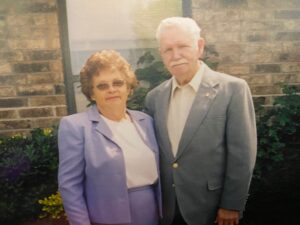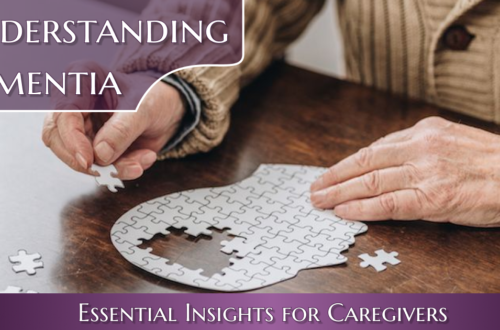Debunking Myths About Parkinson’s Disease: What You Need to Know
When my dad was diagnosed with Parkinson's disease, I realized how little I knew about it beyond the famous "Parkinson's shake." Navigating this journey was challenging, and I didn’t handle everything perfectly—there’s always more to learn.
To help others, I've put together some Myth Busters about Parkinson's disease.
Myth #1: Since Dad had Parkinson's, I'll get it too.
False. Parkinson's disease is not typically hereditary. While certain environmental factors, like exposure to pesticides or heavy metals and repeated head injuries, can increase the risk, it doesn’t mean you’ll automatically develop Parkinson’s just because a family member has it.
Myth #2: Tremors are the only symptom.
False. Parkinson’s disease isn’t just about tremors and joint stiffness. It also includes non-motor symptoms like sleep problems, constipation, anxiety, depression, and fatigue. Additional symptoms may include loss of smell, eye and vision issues, lightheadedness, melanoma, and gastrointestinal problems.
Myth #3: Parkinson's only affects older people.
False. While most people develop symptoms after age 50, Parkinson's can also affect younger individuals. About 10% of Parkinson's diagnoses occur before age 50, referred to as Early Onset or Young Onset Parkinson's disease.
Myth #4: There's nothing you can do to slow it down.
False. There are several ways to slow the progression of Parkinson’s, including regular walking, occupational therapy, and deep brain stimulation. While no cure exists, medications can help manage symptoms, and proper nutrition and exercise are key non-medical ways to slow the disease's progression.
Medications can help manage the symptoms, but there is no cure. Proper nutrition and exercise are the best non-medical ways to slow the progression.
Many of the medications administered have terrible side effects, so be sure to watch for added agitation, hallucinations, or other unusual behavior after administering drugs.
Remember, even after a Parkinson's diagnosis, life can still be joyful. Many people continue to function independently for years.
Preparation and knowledge can make the journey smoother.
Keep looking up, my friends.




